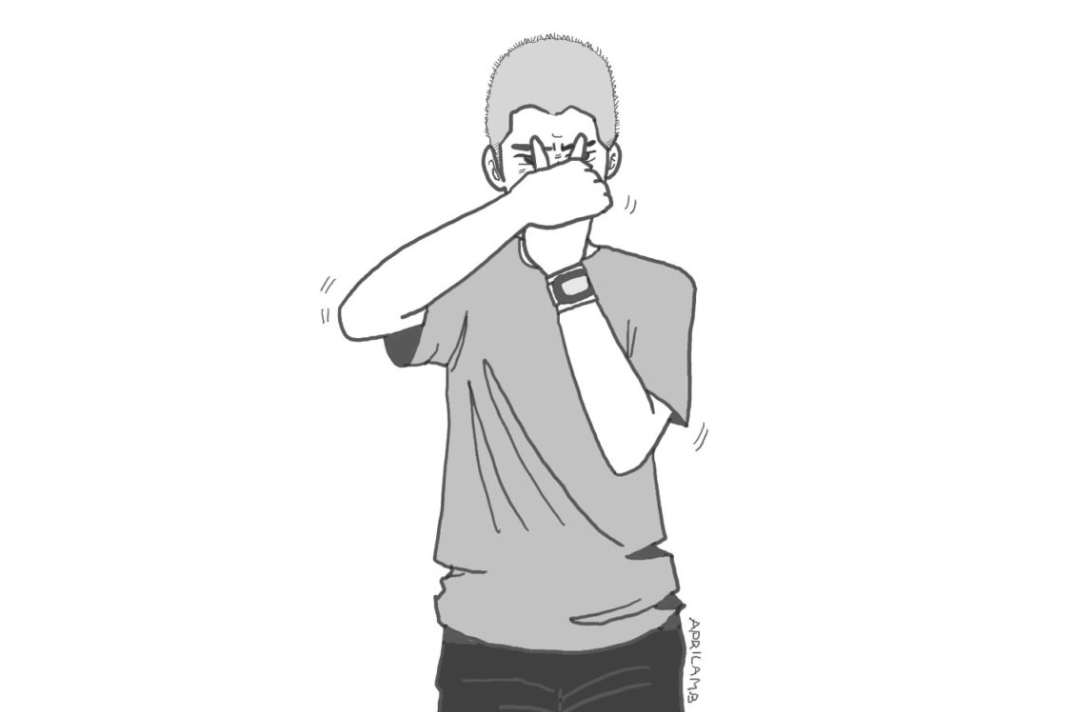
Not too long ago, I stumbled upon a show called OA on Netflix, thanks to their sneaky recommendation algorithm. 🌀 But if you want to find this series online, you better add ‘drama’ or ‘Netflix’ to your search. Otherwise, you might drown in info about office automation certifications like MOS or ITQ, which is not what you’re after!
This show is a bit of an acquired taste with its unique storyline and setup. It’s one of those you might never talk about again, so I’m boldly recommending it to anyone passing by. Personally, I found it super intriguing!
Now, a quick peek at the plot:
The main character, Prairie (OA), is blind and embarks on a journey to find her biological father after leaving her adoptive parents. But she ends up being kidnapped by a doctor named Hunter, who studies the afterlife. Along with four others, she’s held captive in an underground lab for seven years, living as a test subject in a life resembling slavery. Miraculously, she escapes and begins sharing her story with those around her…
Sure, the plot isn’t the tightest, but the actors’ performances and the high-quality editing kept me hooked, allowing me to binge-watch the entire series in a day without feeling bored.
The show’s star and writer, Brit Marling, has a fascinating backstory. She studied economics at Georgetown University and worked as an intern at a well-known investment bank before getting disenchanted and pursuing acting and screenwriting. She was tired of being typecast as the typical blonde actress, which drove her to create this unique drama and performance. Whatever sparked her discontent, it gifted us with this intriguing show.
Throughout the series, I found myself intrigued yet skeptical, wondering, ‘Is this all nonsense?’ and hoping that OA, the protagonist, would indeed be an angel. At the finale, the supporting cast’s seemingly clumsy performance oddly left me with a sense of catharsis, though I still can’t quite explain why.
On a different note, there’s a scene midway through the series where OA is in a therapy session. The therapist says something that stuck with me:
‘You know why hugs are comforting? They set a boundary around the pain. Understand? Just within the embrace.’
Hey, you know why we, uh… why we like to be hugged? The way I see it, it sets a limit on the pain. You know? Puts a perimeter around it.
…
A few years ago in San Francisco, living alone, I once felt the urge to drop everything and head back to Korea.
One early morning, I stepped out into an unusual downpour without an umbrella. I grabbed an Americano from Starbucks and trudged through the rain, letting it soak my shoulders. Upon entering my destination, the leather scent of the lobby’s sofa hit me. I sat down, sipping my now diluted and cold coffee. The leather’s musty aroma overpowered the coffee’s fragrance, and I suddenly thought, ‘What am I doing here?’ I stood up, grabbed my bag, and headed for the exit. Just then, a friend walked in through the front door.
‘Hey! Good morning. Where are you going?’
‘… Hey, I’m heading home.’
My friend, who had been silently watching my face, wrapped me in a hug. It was a place where hugs were common, but this one felt different. Sensing my emotions, my friend gave a longer, tighter hug than usual, and that day, I stayed in the building, having an ordinary day. I still remember that hug as the greatest comfort I’ve ever received, and it helped me resonate with that scene in the drama. 💞 People get hurt by others, yet they also find healing through them.
…
One more thing: at the end of the final episode, the credits pay tribute to ‘In Memory of Allison Wilke,’ who was an assistant producer on the series and sadly passed away from breast cancer during or after production. Isn’t it heartwarming to see such gestures? Sure, there are plenty of bad people in the world, but kindness still exists.
So, to those who don’t know me personally, I recommend checking out this drama once again.
Leave a Reply